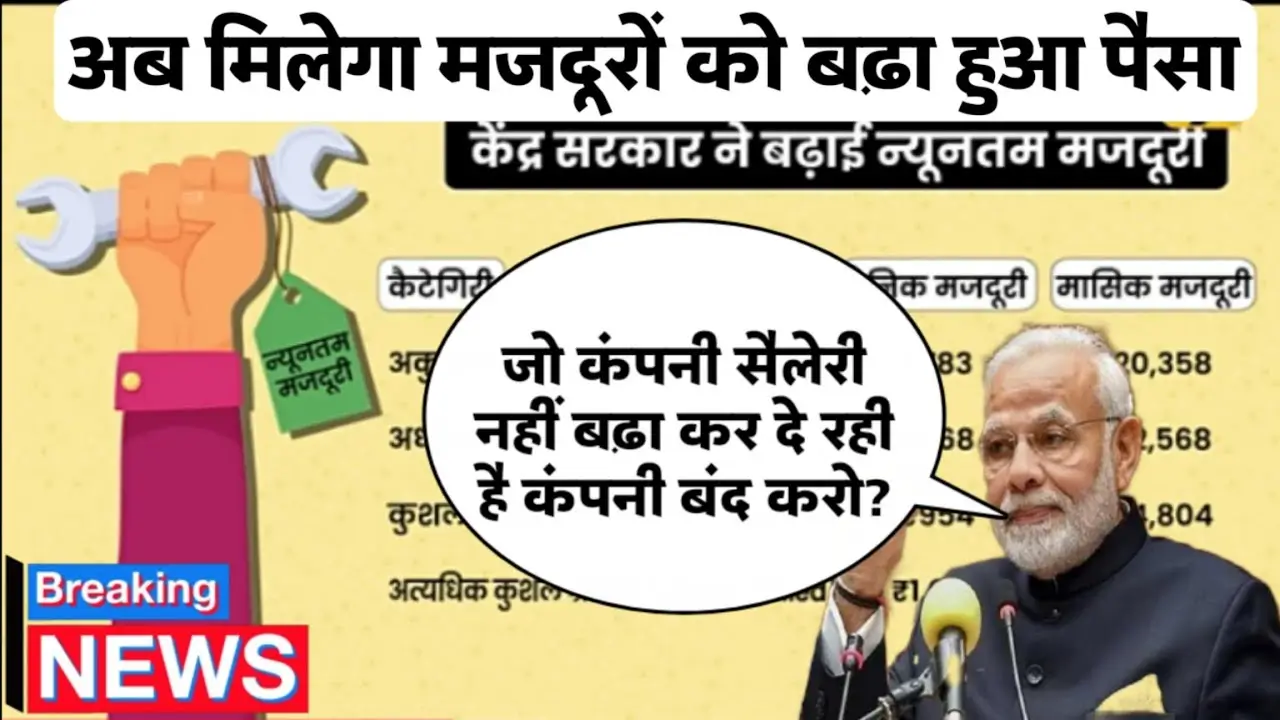In recent years, the phrase “Bank of Mum and Dad” has become shorthand for the financial lifeline provided by parents and grandparents to younger generations struggling to step onto the housing ladder. However, a new development in the lending market is sending shockwaves through prospective buyers, as a major mortgage lender has announced it will no longer accept deposits that are gifted by family members.
This change affects thousands of would-be homeowners and raises critical questions about fairness, affordability, and the future of intergenerational wealth transfer in property ownership.
This article explores why some lenders are banning parental deposits, what it means for first-time buyers, and how it ties into the broader issues of housing affordability, lending practices, and financial regulation.
The rise of the Bank of Mum and Dad
The Bank of Mum and Dad (often shortened to BoMaD) has grown into one of the most significant financiers of home ownership. In the UK context, studies estimate that it has become the equivalent of a “top ten lender,” advancing billions of pounds annually to assist young people with down payments.
With soaring property prices and stagnant wages, many buyers rely on cash gifts or loans from parents to cover mortgage deposits, often ranging between £10,000 and £50,000.
The system, while informal, has been widely accepted by most lenders, provided the family contribution was genuinely a gift and not a covert loan. Several banks have traditionally only required a simple declaration confirming no repayment is expected. But new restrictions are changing this landscape.
Why are lenders banning parental deposits?
The recent move by a mainstream mortgage provider to ban family gifted deposits stems from concerns around financial risk and regulatory compliance. Lenders are under increasing pressure to tighten mortgage affordability checks to prevent defaults in a volatile economic environment. The decision is influenced by several factors:
- Affordability risks: Parental contributions may mask a borrower’s inability to save independently, suggesting financial overextension.
- Anti-money laundering compliance: Stringent rules now demand a clear audit trail of where deposit money originates. Family gifts, especially large transfers, raise red flags for fraud and money laundering screening.
- Market cooling measures: Banning family gifts indirectly curbs demand, particularly among younger buyers, and stabilises house price inflation.
- Fairness principle: Critics suggest that parental wealth creates an uneven playing field, locking out those without affluent families. Some lenders are choosing to align their policies with this fairness narrative.
Impact on first-time buyers
The ban has serious implications for first-time buyers, many of whom depend heavily on parental assistance. Housing affordability ratios are near record highs, with average house prices in the UK now more than eight times average annual earnings. Saving a deposit without family help could take over a decade in many regions.
Those most affected include:
- Young workers in urban centres where property prices are steepest.
- Middle-income earners who can afford monthly repayments but cannot save the upfront deposit.
- Buyers from minority and low-income backgrounds who already face systemic barriers to home ownership.
For many, the dream of owning a home may now be delayed indefinitely or substituted with long-term renting.
A look at the numbers
To better understand the significance of this policy change, it is useful to look at figures associated with home deposits and the Bank of Mum and Dad.
| Category | Average Value (UK 2025) | Notes |
|---|---|---|
| Average first-time buyer deposit | £64,000 | Based on UK Finance data |
| Typical parental contribution | £25,000–£50,000 | Often a gift, sometimes a loan |
| Time to save deposit without family help | 10–15 years | For average earners, depending on region |
| Share of first-time buyers receiving family help | 40–50% | Nearly half of buyers relied on BoMaD |
| Housing affordability ratio | 8.2 | Average price vs income multiple |
These figures highlight why parental support has become integral to the housing market and why removing it represents a seismic shift.
Wider consequences for the housing market
The prohibition of family deposits may reshape the market in multiple ways.
Firstly, it might reduce demand among younger buyers, slowing price growth in certain areas. By excluding parental support, lenders essentially favour wealthier individuals who have independently accumulated large sums through savings or inheritance.
Secondly, it could push families to explore alternative pathways, such as:
- Joint ownership models: Parents directly co-buying homes with their children to satisfy strict affordability checks.
- Private family loans: Structured as formal debt rather than gifts, though these may also face lender scrutiny.
- Equity release schemes: Older homeowners unlocking property wealth to support children indirectly.
Finally, developers and estate agents may see a reduction in demand for entry-level homes, which could in turn affect supply-side dynamics.
Regulatory perspective
Financial regulators often walk a delicate balance between consumer protection and market vitality. The UK’s Financial Conduct Authority (FCA) has long pushed for stricter affordability testing, which has implicit consequences for parental gifts. From the regulator’s standpoint, ensuring mortgage borrowers can survive financial shocks without undue reliance on family members is a safeguard against systemic risk.
However, critics argue this is a blunt instrument. While it improves risk management for banks, it disproportionately harms honest buyers who simply use family help as a launchpad into asset-building. The policy may deepen wealth inequality by allowing only those with inherited property or significant independent savings to access home ownership.
Possible alternatives for buyers
For those who can no longer depend on the Bank of Mum and Dad, alternatives remain, though none are straightforward.
- Government schemes: Programmes like Shared Ownership and First Homes (UK-specific) can lower entry points.
- Longer-term saving plans: Lifetime ISAs and similar tax-advantaged accounts help build deposits.
- Professional guarantors: Some lenders still allow guarantor mortgages where parents pledge property or income rather than cash.
While these options exist, they rarely match the flexibility and speed of parental support.
Public response and debate
The reaction to the ban has been fiercely divided.
Advocates praise the move as levelling the playing field and reducing dependence on privilege in housing. They believe it will benefit genuine savers without wealthy parents.
On the other side, families and industry stakeholders decry the ban as punishing ordinary, responsible households simply trying to support their children’s future. Many warn of escalating intergenerational inequality, whereby the property-owning class remains confined to an exclusive group.
FAQs
1. What does the ban on Bank of Mum and Dad deposits mean?
It means the mortgage lender will no longer accept family-gifted deposits when assessing applications. Buyers must rely on savings or alternative schemes.
2. Does this policy apply to all UK lenders?
No, it currently applies to certain lenders, but others may still accept parental contributions depending on their affordability checks and policies.
3. Why are mortgage lenders concerned about parental gifts?
They raise regulatory concerns about affordability, money laundering compliance, and fairness between buyers with and without wealthy families.
4. What options remain for buyers without parental support?
Alternatives include government home-ownership schemes, guarantor mortgages, and long-term saving plans like Lifetime ISAs.
5. Will this policy help reduce house prices?
It may dampen demand slightly, but without major supply-side reforms, the ban alone is unlikely to lead to significant price drops.
Conclusion
The ban on deposits from the Bank of Mum and Dad marks a turning point in UK housing finance. While designed to strengthen mortgage regulation and promote fairness, it risks locking more young people out of the housing market. Whether it becomes industry-wide or remains limited to a few lenders will determine its full impact. Yet, one reality is clear: without reform in housing affordability or alternative support mechanisms, the dream of home ownership for younger generations will remain out of reach for many.

















